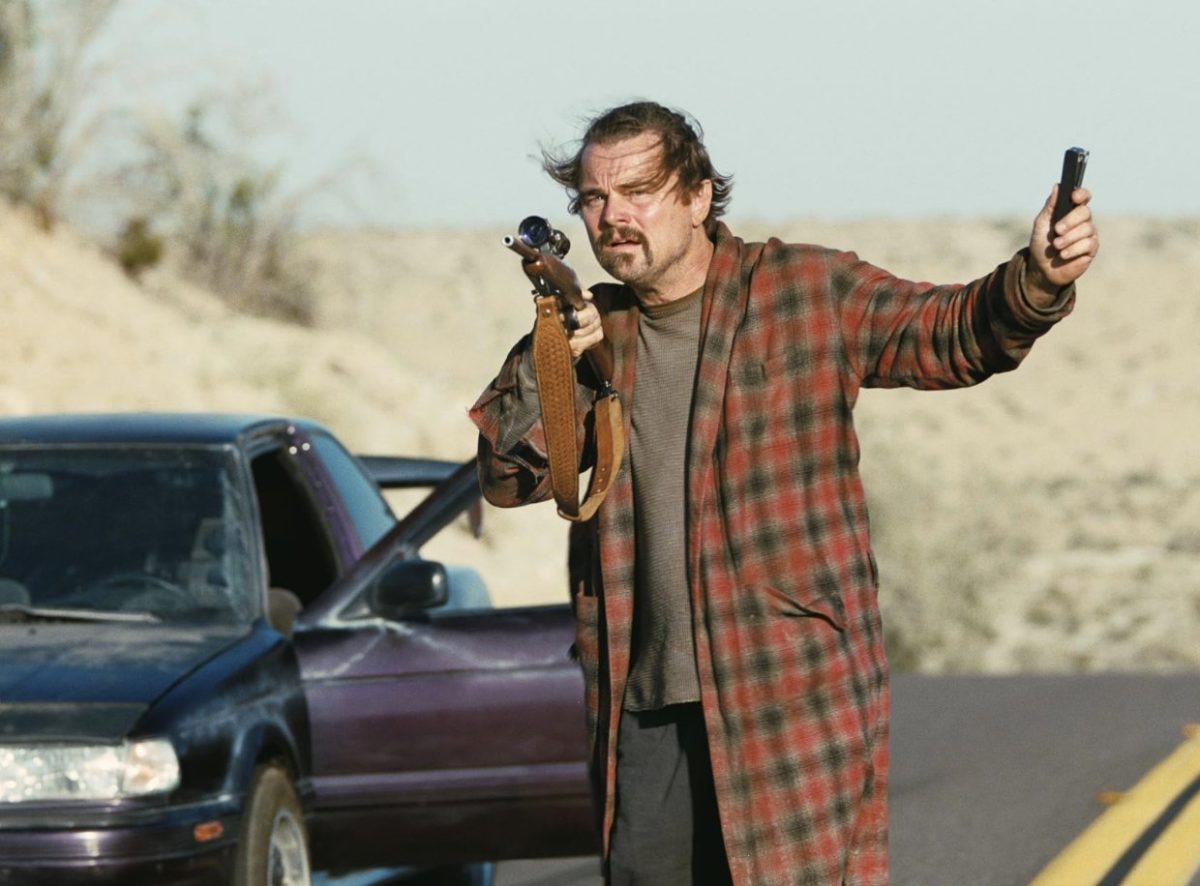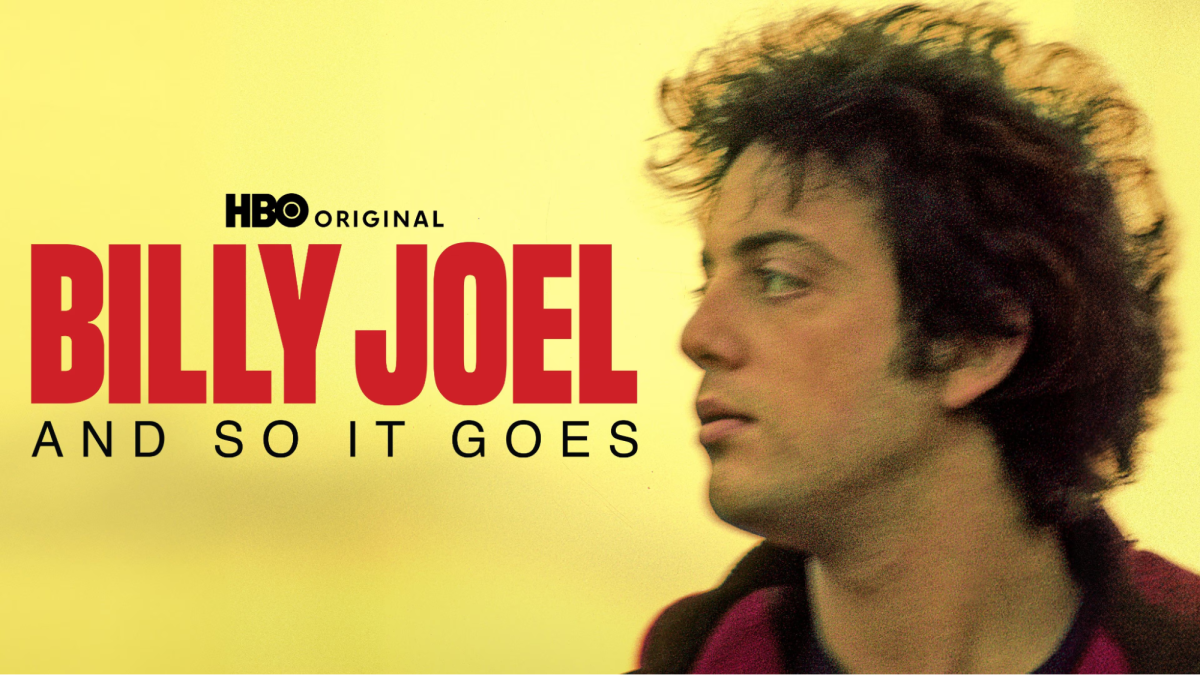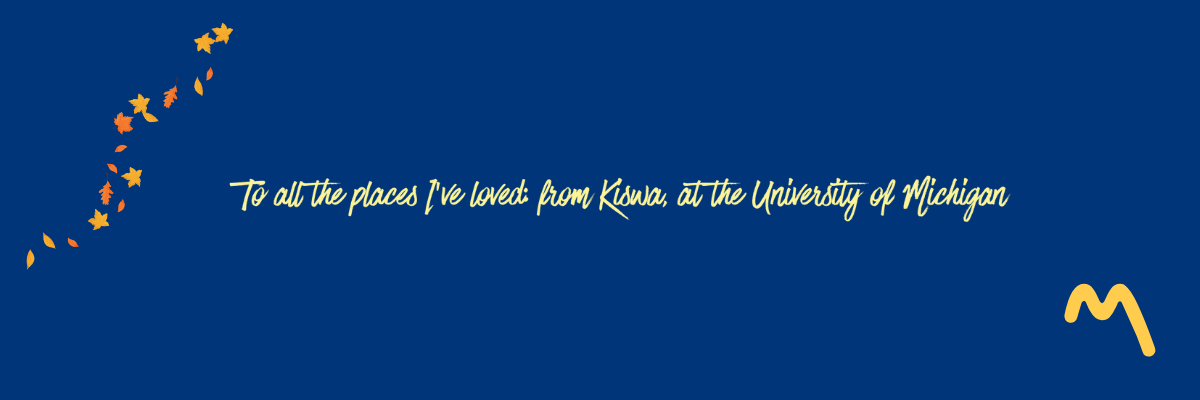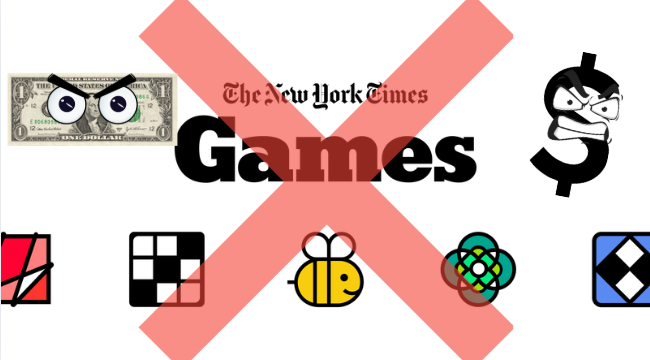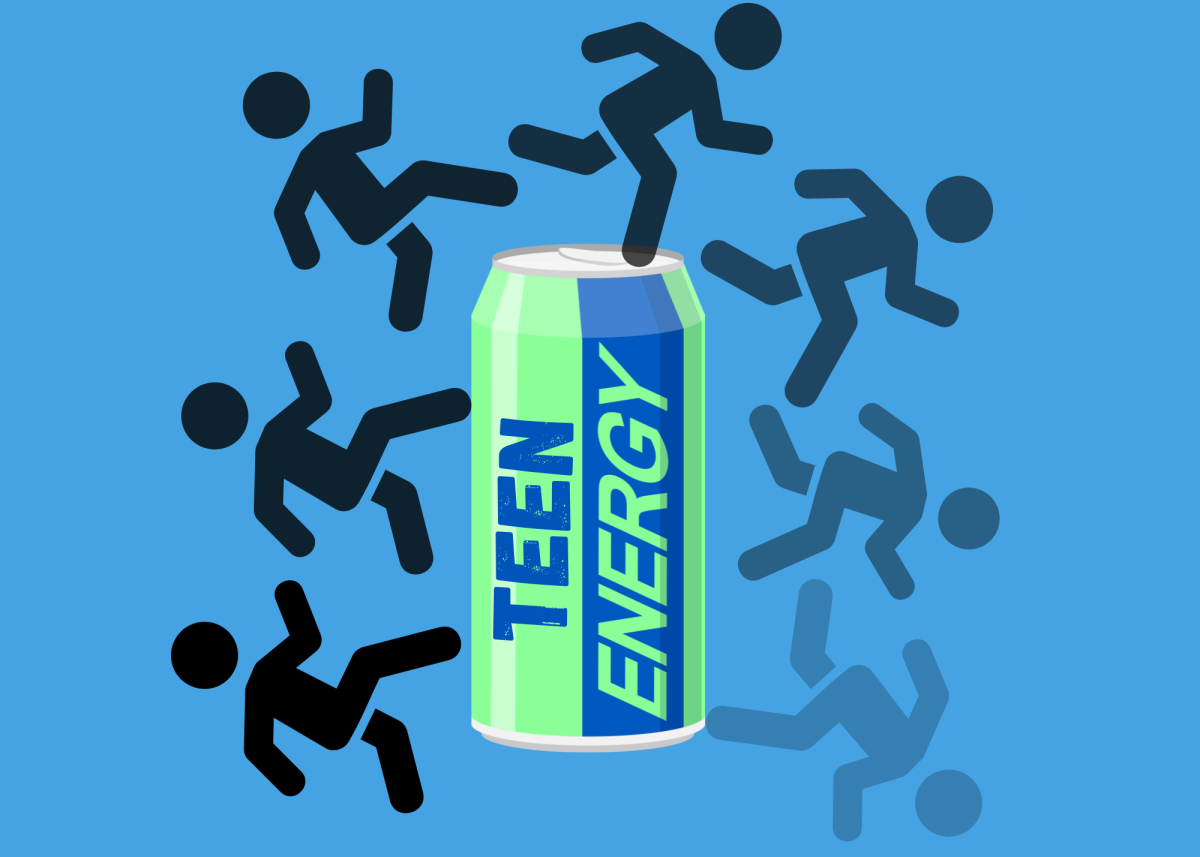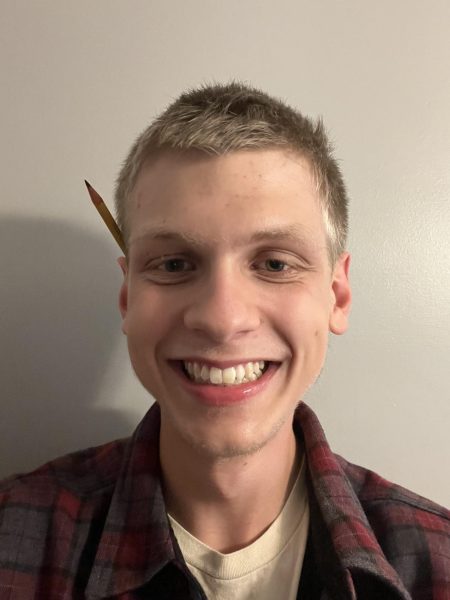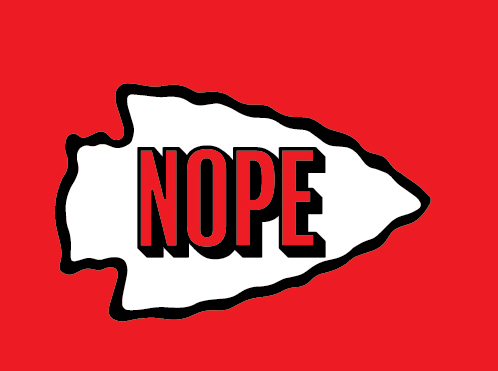
I can’t be sure if Travis Kelce knows anything about boarding schools.
There’s a chance that he does. Kelce, after all, plays for the Kansas City Chiefs, who created the American Indian Community Working Group, through which members of the Native community teach team members about problems faced by the community. Indeed, for a member of a team whose president boasts that they have “done more over the last seven years…than any other team…to educate ourselves,” it’s surely appropriate to expect Kelce to know about such a major injustice done to Native people.
In which case you’d think he’d have more of a conscience than to play for a team called the “Chiefs.”
When talking about Native American history, “boarding schools” refers to institutions created while the modern United States was still expanding westward across North America (the first was in 1868). Their goal was simple: take Native kids, and eliminate every last vestige of their idea that they were Native. Isolated from their parents, unable to receive information about their own language and culture–knowledge which was replaced by Christian and European teachings–children were subjected to immense amounts of trauma in these places. Oftentimes, boarding schools proved actually fatal: children living there died in numbers three times greater than those of children not attending such schools, who perished.
Now, in 2024, Kansas City still broadly displays a football team whose name deliberately refers to a caricature of a Native person. (Bear in mind, “chief” is the word white people created to describe Native leaders–not the ones Native leaders used for themselves.) Moreover, they haven’t stopped the practice of having fans do the “tomahawk chop”, where they mime swinging a small ax while chanting. The majority of the team’s players, alongside fans, are currently delighting in pretending to be Native–but when actual Native people, children, tried to express their real Native heritage, they were met with repression. (This frustration has already been expressed by Rhonda LeValdo, founder of the group Not In Our Honor, in the AP News article linked above.)
The team claims it takes its title from H. Roe Bartle, a former mayor of Kansas City who was nicknamed “The Chief.” If this is true, the team certainly could be more clear about it–like, say, making their logo something other than an arrowhead.
By this point, San Francisco fans might be feeling pretty good: even without a Super Bowl win in 2024, at least they took home the trophy of not having a gruesomely racist name, right?
Wrong.
The “49ers” are named after gold miners who arrived in California in droves in 1849, seeking to strike it rich. For many, this plan involved using any Native people already living in the area, who had been placed in police custody, as forced labor–a practice that California state law of the time actually enabled. In the years following the Gold Rush, militias created by California’s government intentionally sought to murder Native people, to clear the land for white settlement and gold mining–and they weren’t alone: private citizens turned extralegal operatives took part in the extermination, as did the army of the federal government. All told, 80 percent of California’s Native population would die in a manner that was somehow related to white encroachment, by the end of the two decades after the Gold Rush.
This is what is celebrated every time the teams from Kansas City and San Francisco run out onto the field: flagrantly inaccuracy and dehumanization for one, outright slavery and mass murder for another.
Of course, defenders of the Chiefs name have an ace in the hole: there are Native people on the team. James Winchester, their long snapper, has citizenship with the Choctaw Nation of Oklahoma, while Creed Humphrey, their center, is a member of the Citizen Potawatomi Nation of Oklahoma. Neither of these figures, one might point out, have criticized Kansas City’s name. Indeed, in one interview, Humphrey expressed gratitude for being able to make it as a Native athlete when there aren’t many of them.
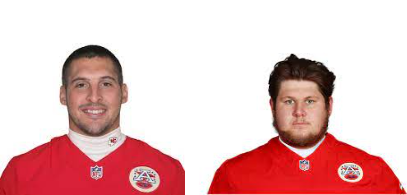
This is a fair point. Not all Native people might have a problem with Kansas City’s name, and even some of those who do, might feel that it’s not the Native community’s most pressing concern. (To name just a few, Native women face a “crisis” of targeted violence, land owned by Native nations oftentimes lacks high-speed access to internet, and numerous institutions across the United States are still failing to return human remains and sacred objects from different Native groups.) If Winchester and Humphrey could accept the name and the “tomahawk chop,” that’s their choice. But that doesn’t mean every Native person should have to–since some clearly cannot. While Super Bowl 2024 was being held, other Native people (and their allies), such as the aforementioned group Not In Our Honor, were right outside the Las Vegas stadium, protesting that name. Five days before the game, on February 6, Not In Our Honor released a statement regarding their planned protest, in which they declared that “We all need to evaluate why the city of Kansas City continues to tolerate being represented on the global stage by a football team using stereotypes of a race of human beings, their sacred objects and imagery as its mascot.”
Nor is it only Native people advocating against Kansas City’s name–so is the American Psychological Association. In 2005, they urged “the immediate retirement of all American Indian mascots, symbols, images and personalities” by sports teams. This was due to the fact that such stereotypes kept people from learning accurately about Native groups and their histories, and posed a threat to the mental health of Native people. To put it another way, the team that has “done more than any other team to educate themselves” about Native issues is nearly two decades behind the times.
The ironic thing is that 90% of this article is unnecessary. There doesn’t need to be an argument over whether or not the Chiefs and 49ers should change their names, because there shouldn’t even be a debate. Altering these names will not harm anyone: no athletes from either city will lose their abilities if the team they play for is called something different. By contrast, keeping these names as they are has the potential to psychologically harm about 9.7 million people–the total number of US residents with Native American and Native Alaskan ancestry. In the face of these facts, there is only one possible course of action: Kansas City and San Francisco need to find new titles for their football teams.


